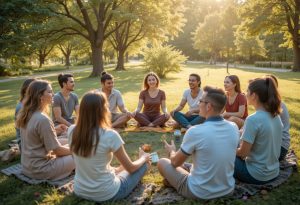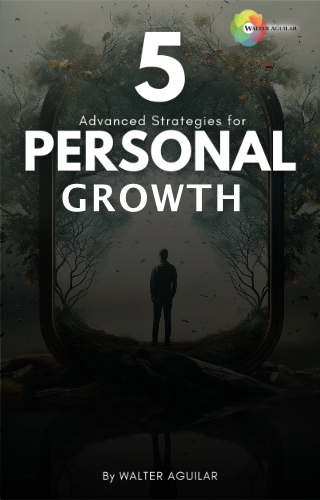The Empowering State of Being Alone vs. The Mental Health Impact of Loneliness
“Solitude is where one discovers one is not alone.” – Marty Rubin
In a world that is constantly connected, the concepts of being alone and feeling lonely have often been intertwined and misunderstood. As a COR.E Dynamics Specialist, it is crucial to explore these states, not only to distinguish between them but also to understand their profound impact on our mental health.
This article delves into the essence of being alone as an empowering state, differentiates it from the
detrimental effects of loneliness, and provides insights into harnessing solitude for mental well-being.
Understanding Solitude: A State of Empowerment
Being alone, or solitude, is a physical state where an individual is not in the company of others. Contrary
to widely held belief, this state is not inherently negative. In fact, solitude can be a powerful tool for
personal growth and self-reflection. It provides a unique opportunity for individuals to engage in
introspective activities, such as meditation, reading, or pursuing hobbies, which can lead to a deeper
understanding of oneself.
Solitude allows for a break from the constant stimulation of social interaction, offering a space to
recharge mentally and emotionally. This can be particularly empowering for introverts, who may find
energy in periods of being alone. It is a time where one can set personal goals, make plans, and engage
in activities that they enjoy without the need for social validation.
In the realm of COR.E Dynamics, embracing solitude is seen as a step towards self-awareness and
emotional independence. It is a state where one can listen to their inner voice and cultivate a powerful
sense of self, which is crucial for overall mental resilience.
“Loneliness is the poverty of self; solitude is the richness of self.” – May Sarton
Loneliness: The Emotional Dimension of Isolation
While solitude is a physical state, loneliness is an emotional one. It is the feeling of being disconnected,
isolated, or abandoned, regardless of whether one is physically alone or amidst a crowd. Loneliness is
subjective; it is the perceived quality of an individual’s relationships that matters, not the quantity.
The mental health implications of chronic loneliness are significant. Studies have linked it to a range of
psychological issues such as depression, anxiety, and low self-esteem. Loneliness can trigger a sense of
worthlessness and a distorted perception that one is not valued or loved. This emotional turmoil can
lead to a downward spiral, affecting one’s ability to form and maintain healthy relationships, thus
perpetuating the cycle of loneliness.
In a COR.E Dynamics framework, addressing loneliness is pivotal. It involves fostering a community
where individuals feel seen, heard, and connected. It is about creating meaningful interactions and
relationships where individuals can share their experiences and feelings without fear of judgment.
“In solitude, we find ourselves; we prepare ourselves to come to conversation with something to say that is authentic, ours.” – Sherry Turkle
The Empowering Aspects of Being Alone
As much as solitude can be empowering, it is equally important to address and mitigate the effects of
loneliness. Here are four strategies:
- Fostering Connections: Encouraging individuals to engage in community activities, clubs, or groups
where they can form meaningful connections can significantly reduce feelings of loneliness. - Seeking Professional Support: Therapy, counseling or coaching can be beneficial for those struggling with loneliness, providing a space to explore and understand their feelings.
- Developing Communication Skills: Enhancing one’s ability to communicate effectively can help in
forming and maintaining relationships, thus reducing loneliness. - Practicing Self-Compassion: Encouraging self-compassion and self-acceptance can help individuals feel more secure and less isolated.
In conclusion, understanding the distinction between being alone and feeling lonely is key to harnessing
the positive aspects of solitude and addressing the challenges of loneliness. As a CORE Wellness
Dynamics Specialist, it is essential to guide individuals in embracing solitude as a powerful state of being
where they can emerge their as the most meaningful version of who they can be.






